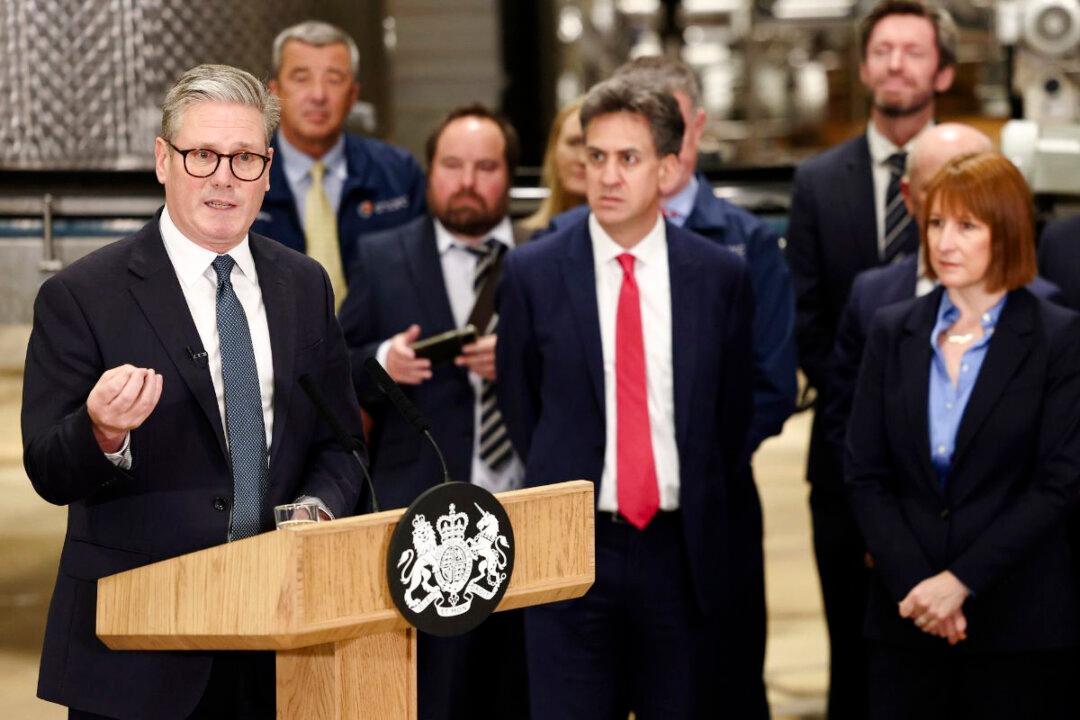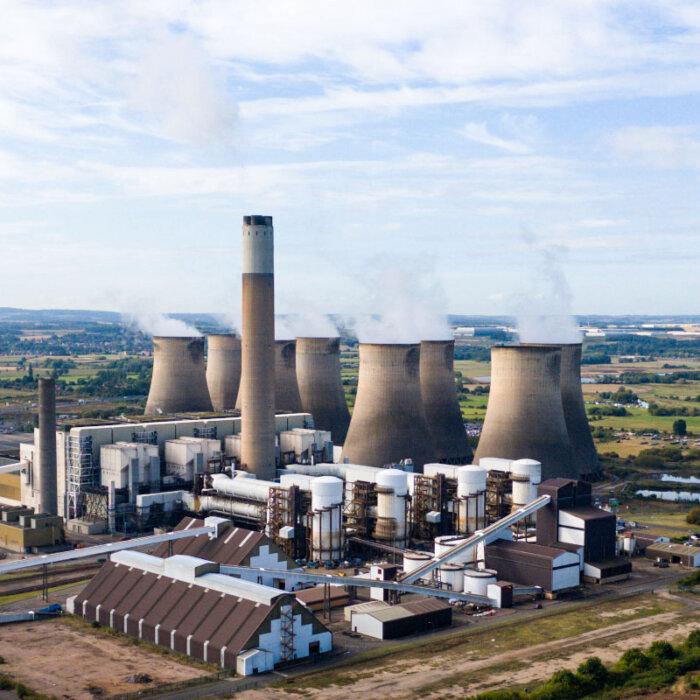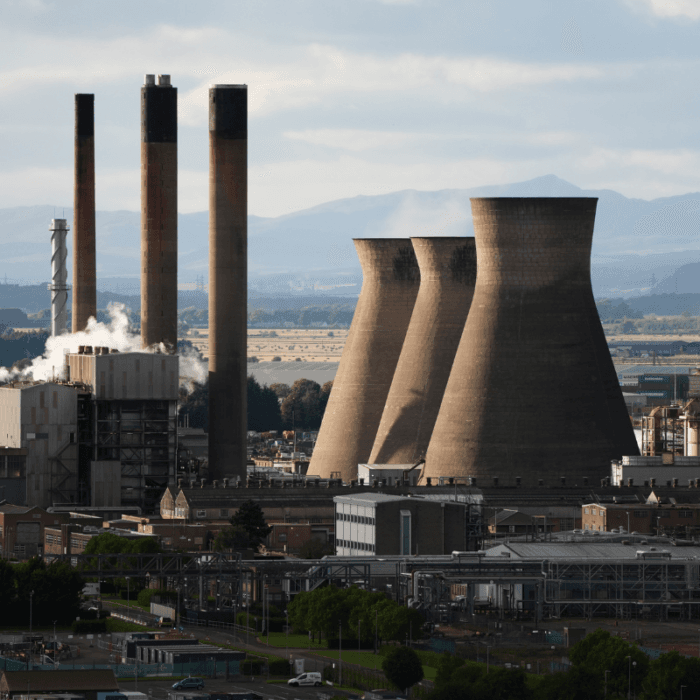The government has committed £21.7 billion for projects to capture and store carbon emissions from energy, industry, and hydrogen production at two sites in the industrial heartlands in the north of England.
The funding available over the next 25 years will be used to develop three projects in Merseyside and Teesside, which are expected to directly create 4,000 new jobs and support 50,000 jobs as the sector matures into the 2030s, as well as attract £8 billion in private investment.
The government also said that the measures “support acceleration to net zero,” beginning a “new era for the clean energy industry ... in the week Britain became the first industrialised nation to end its 150-year usage of coal.”
The projects will remove over 8.5 million tones of carbon emissions each year, which the Department for Energy Security and Net Zero (DESNZ) says is the equivalent of taking around four million cars off the road.
Carbon Capture, Utilisation, and Storage
Carbon capture, utilisation, and storage (CCUS) is a process that captures carbon emissions from industrial processes and from burning fuels for energy before they reach the atmosphere.It then uses or transports that carbon to be stored permanently underground, such as in disused oil fields under the sea bed. The technology has been used around the world for the past two decades.
Funding will also support transport and storage networks, which will take the carbon and store it under Liverpool Bay and the North Sea. The government says the UK has enough capacity to store 200 years’ worth of emissions. Carbon dioxide storage will begin from 2028.
The process is also used in the production of blue hydrogen, which is made from natural gas with emissions captured and stored, making it “low-carbon.” DESNZ says the project will pave the way for the UK’s first large-scale hydrogen power plant.
Discussing the plans at a glassmaking factory in Cheshire, Starmer said, “I’ve always believed that clean energy is a golden opportunity for our country, a chance to bring security and hope to working people, relight the fires of renewal in those areas that got hit so hard by deindustrialisation.”
De-Industrialisation for Net Zero
The Conservative Party had also planned on launching carbon capture clusters, with Shadow Energy Secretary Claire Coutinho saying “it’s thanks to the Conservatives that funding was already announced for these projects in the Spring of 2023.“ Coutinho also acknowledged local leaders, like the Conservative mayor of Tees Valley Ben Houchen, who had worked ”for years” on these projects.“But whilst this is undoubtedly good news for Carbon Capture jobs, this will not make up for the mass deindustrialisation pathway that Ed Miliband’s costly net zero and energy policies are leading us to, with the devastating impact of his zealotry on jobs already seen in steel-making, refineries and in the North Sea,” she added.
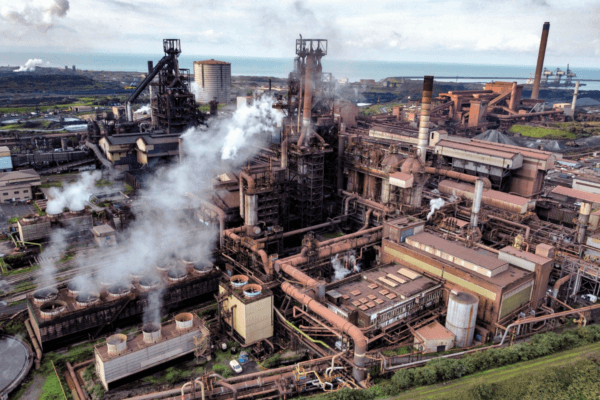
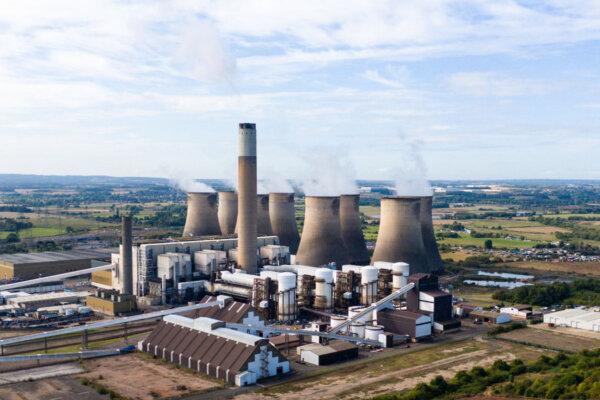
“Serving up P45s to working-class people, hollowing out working-class communities, is not the way to decarbonise this country,” Smith added.
